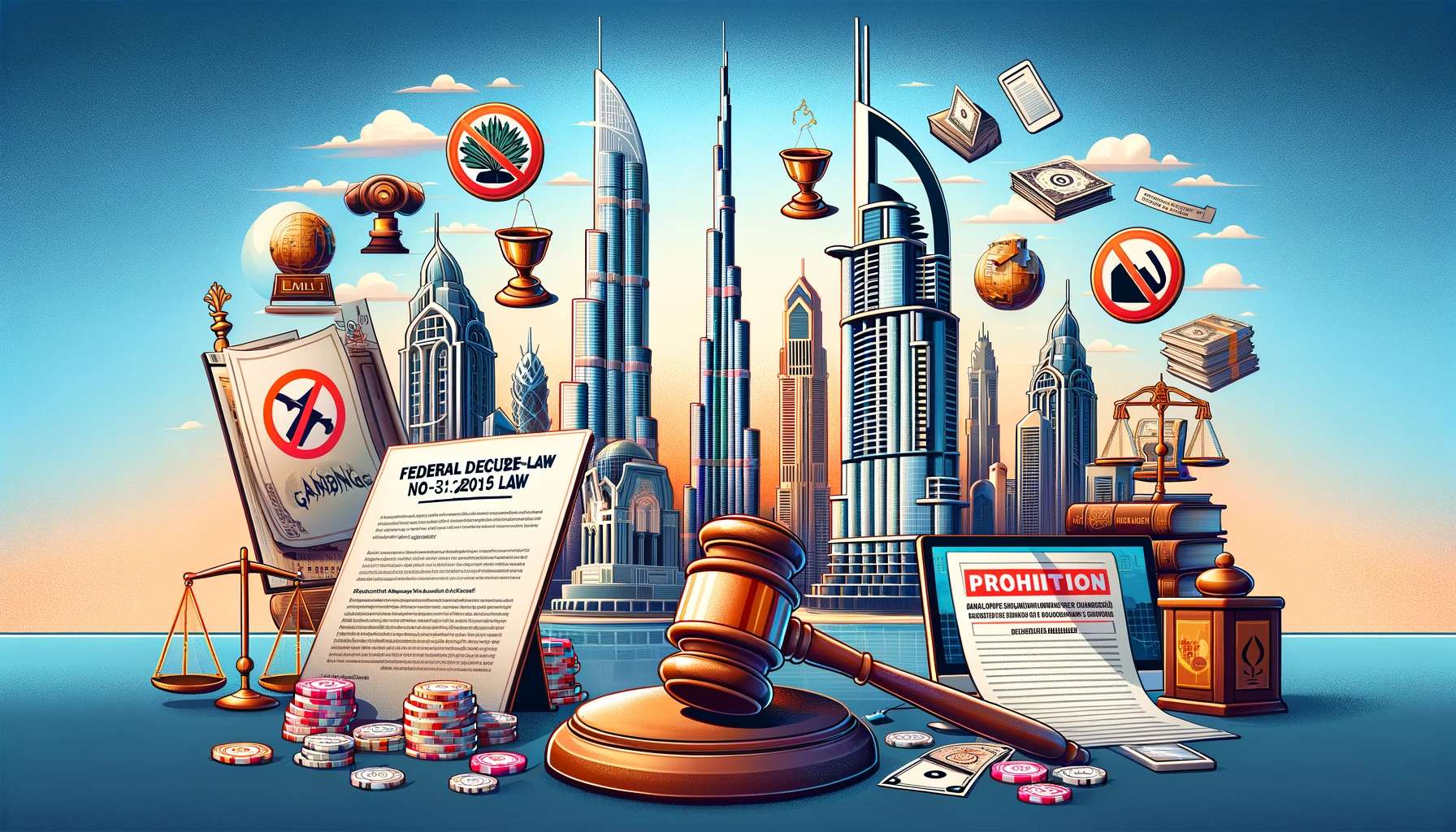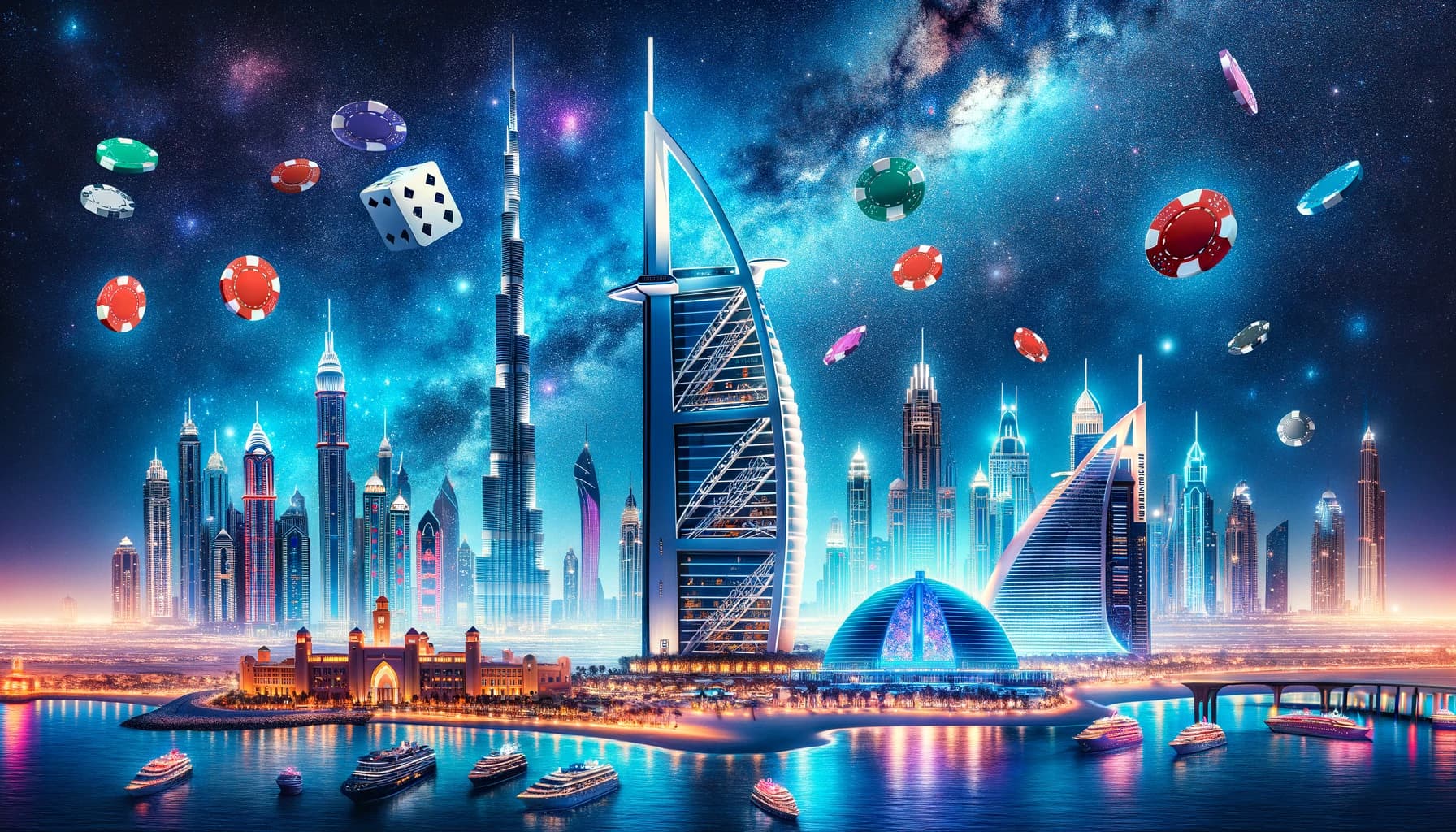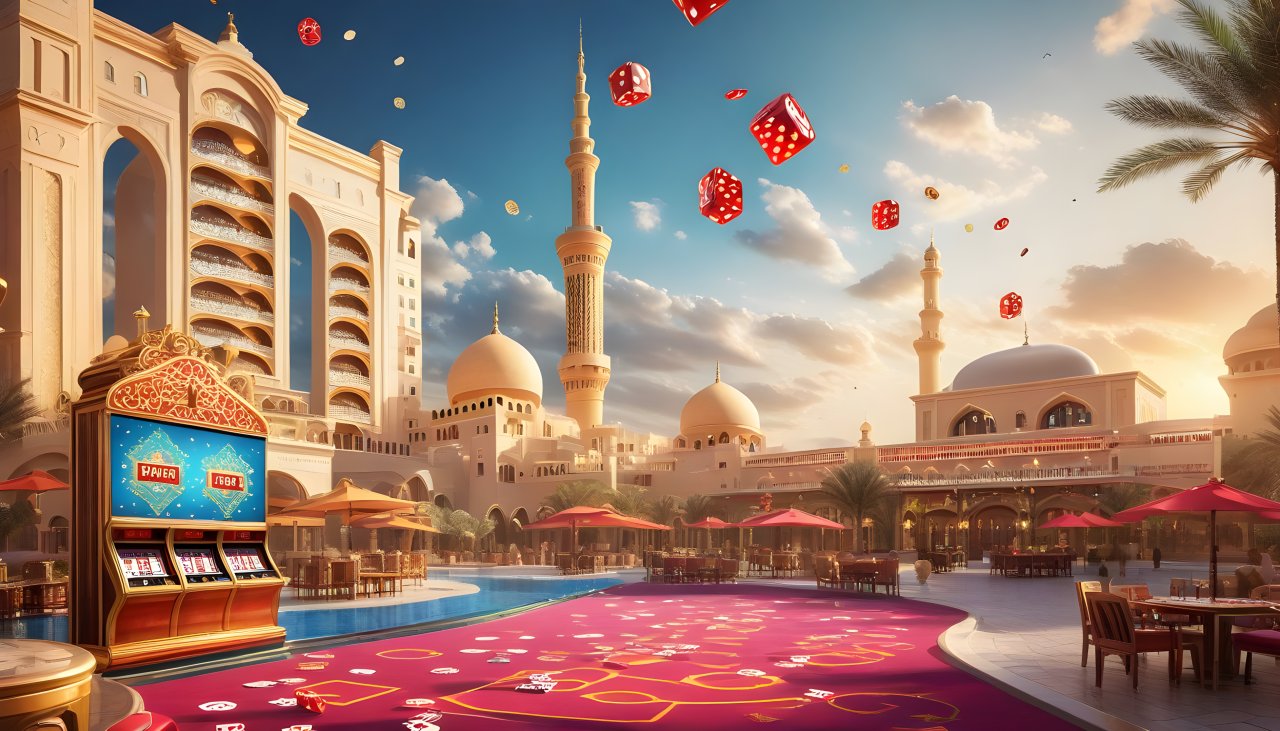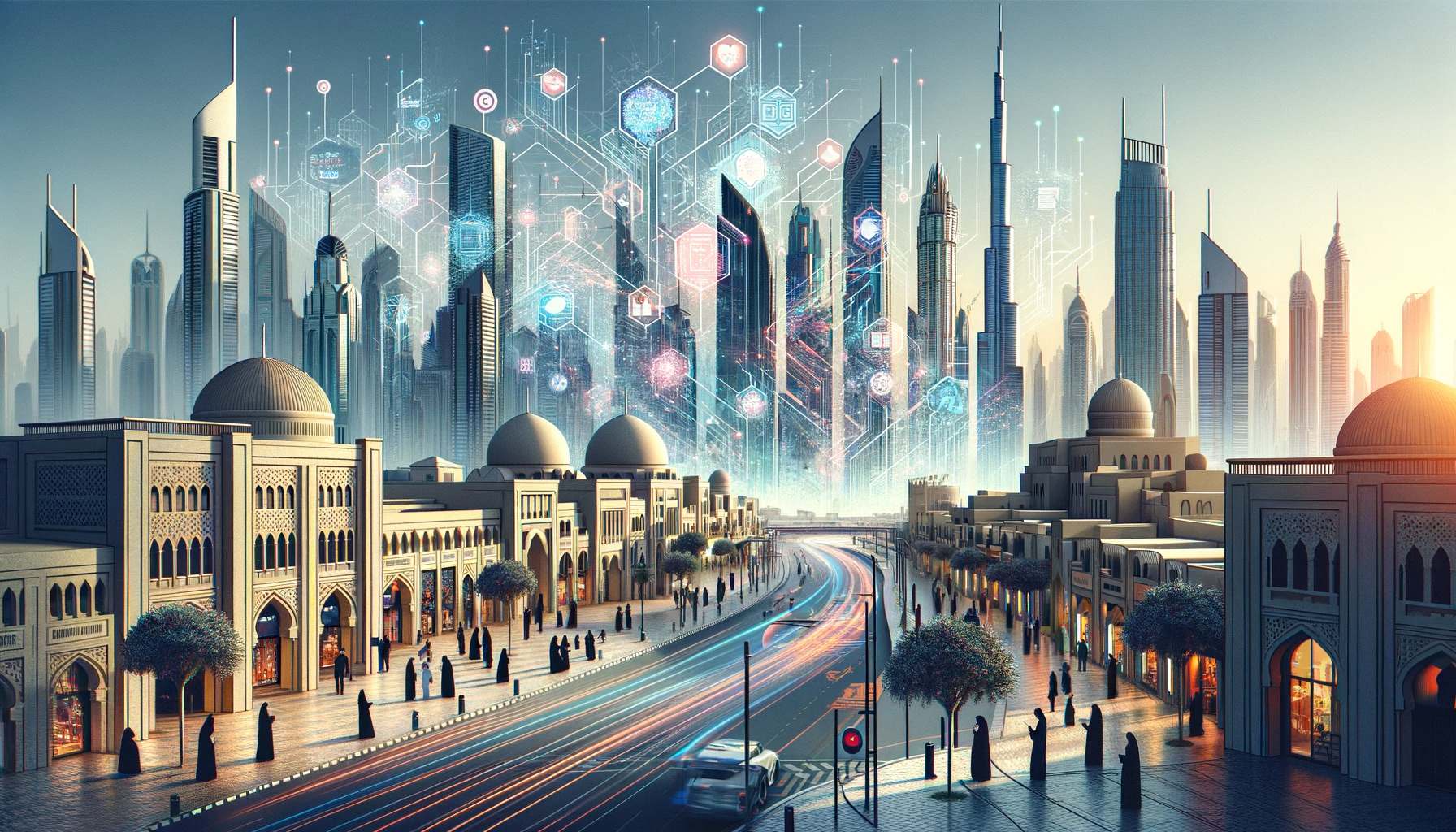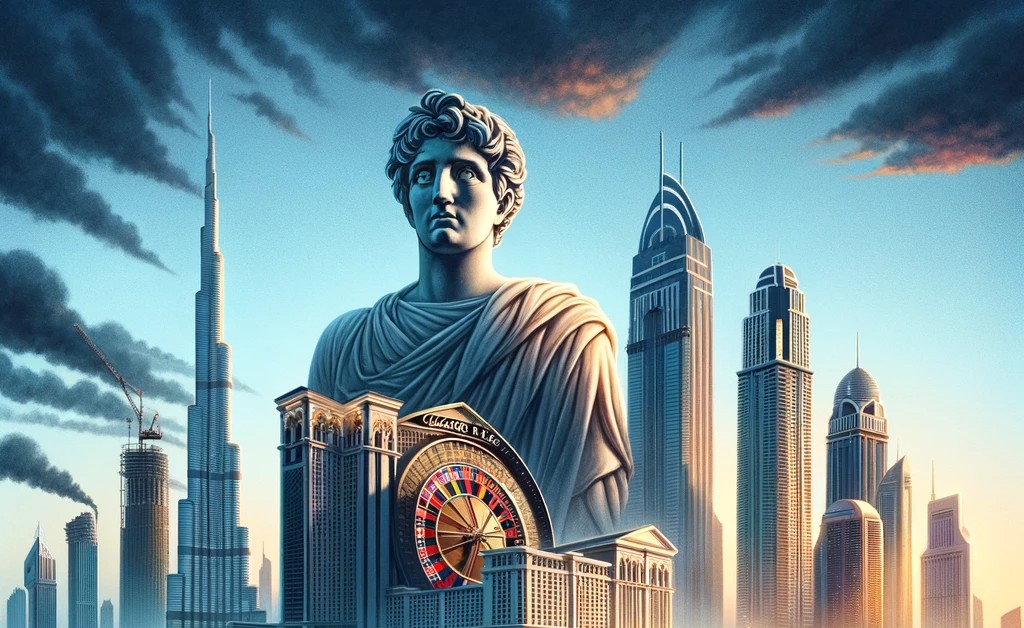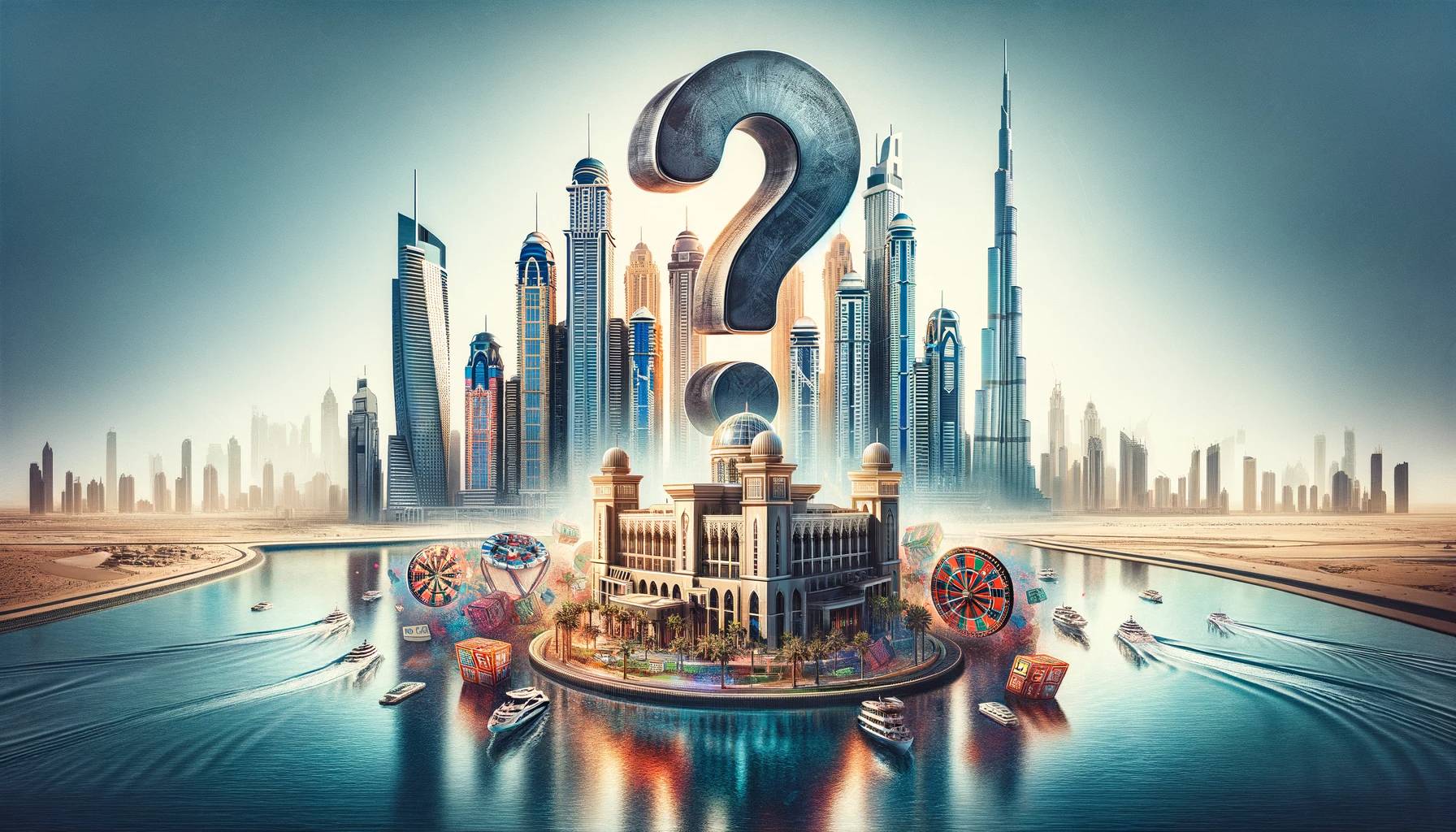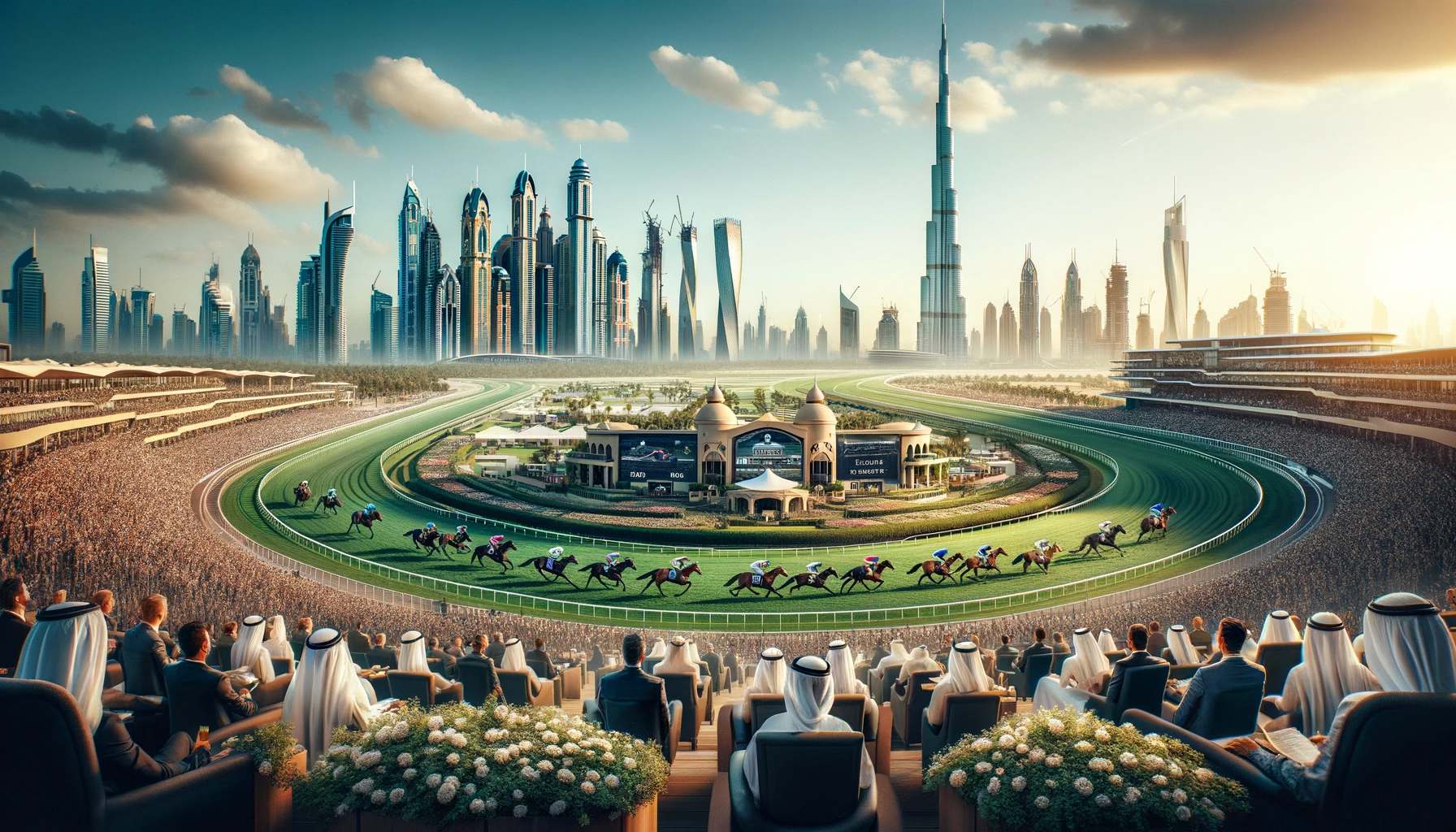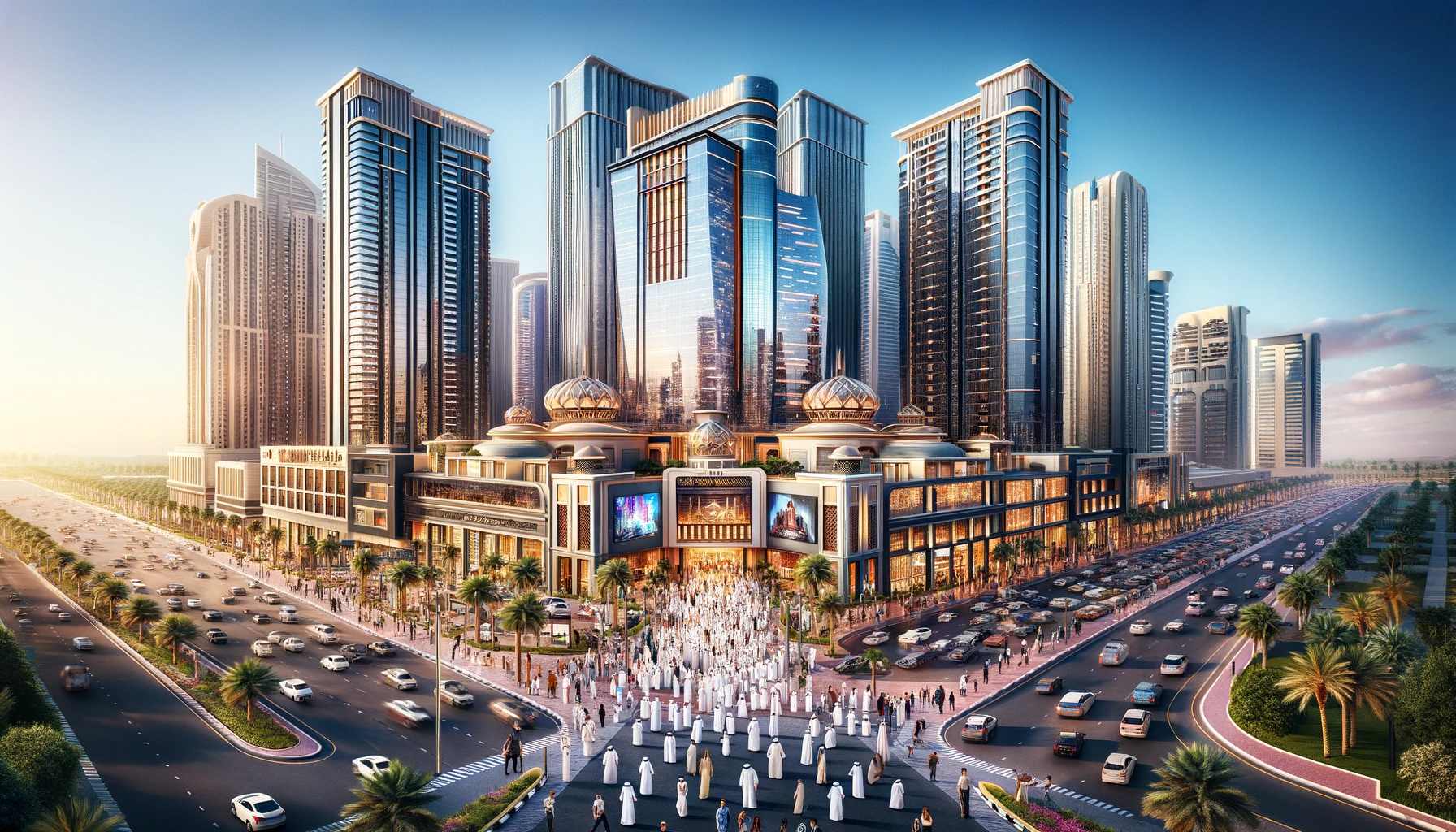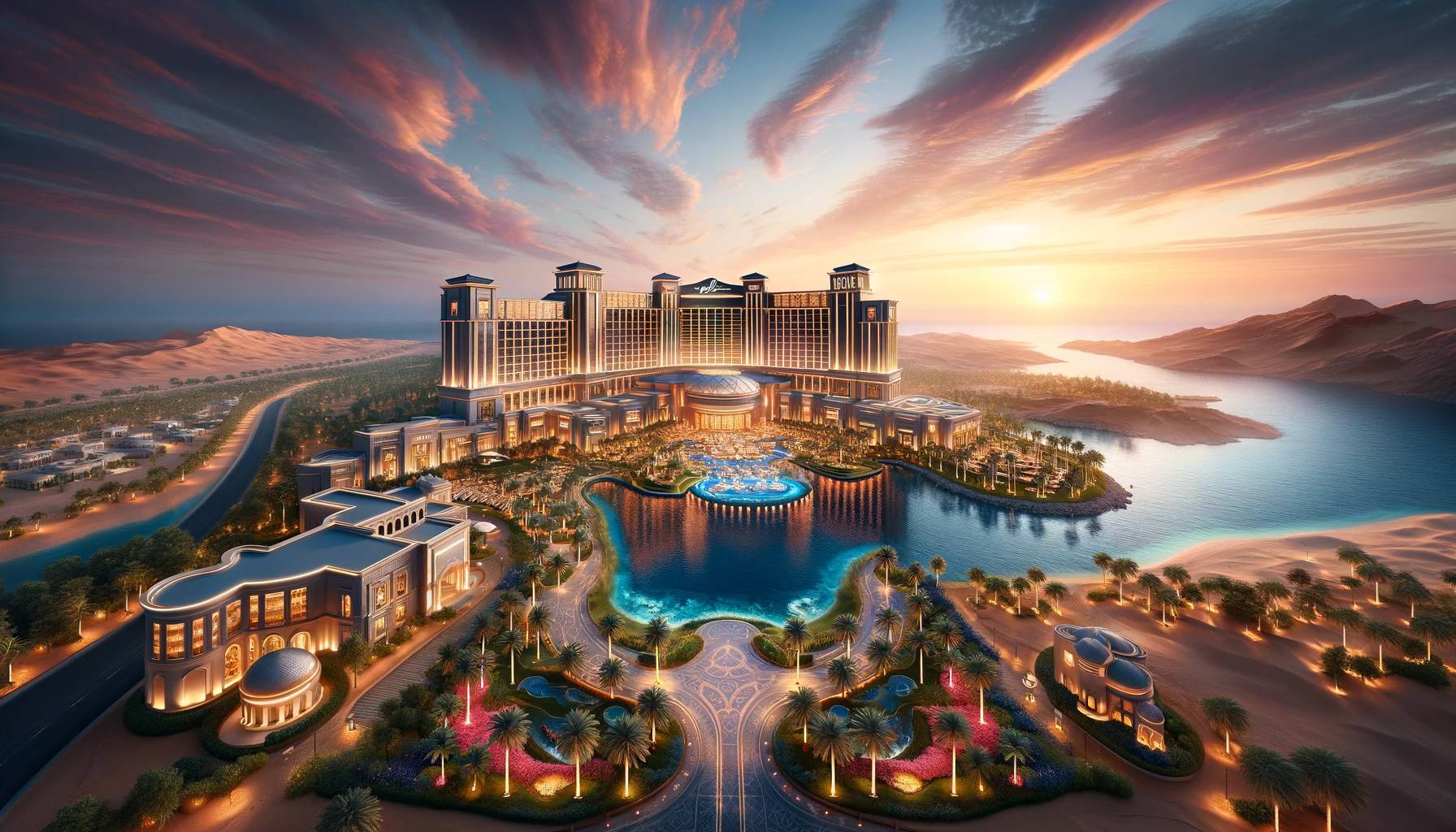Written by
Atif Nader
About Author
A native of the UAE with over a decade in the casino industry, Atif Nader stands as a leading voice in iGaming. Graduating from the University of Dubai, he seamlessly merged academic brilliance with his passion for gaming. As a vital contributor to Dubai Casinos, Atif's expert insights guide users throughout their gambling journey, ensuring trustworthiness and strategic play. With Atif on board, you're in expert hands.
Last Update
1 hours ago
Last update:
Dubai vs. the World: A Casino Policy Comparison
Dubai vs. the World: A Casino Policy Comparison
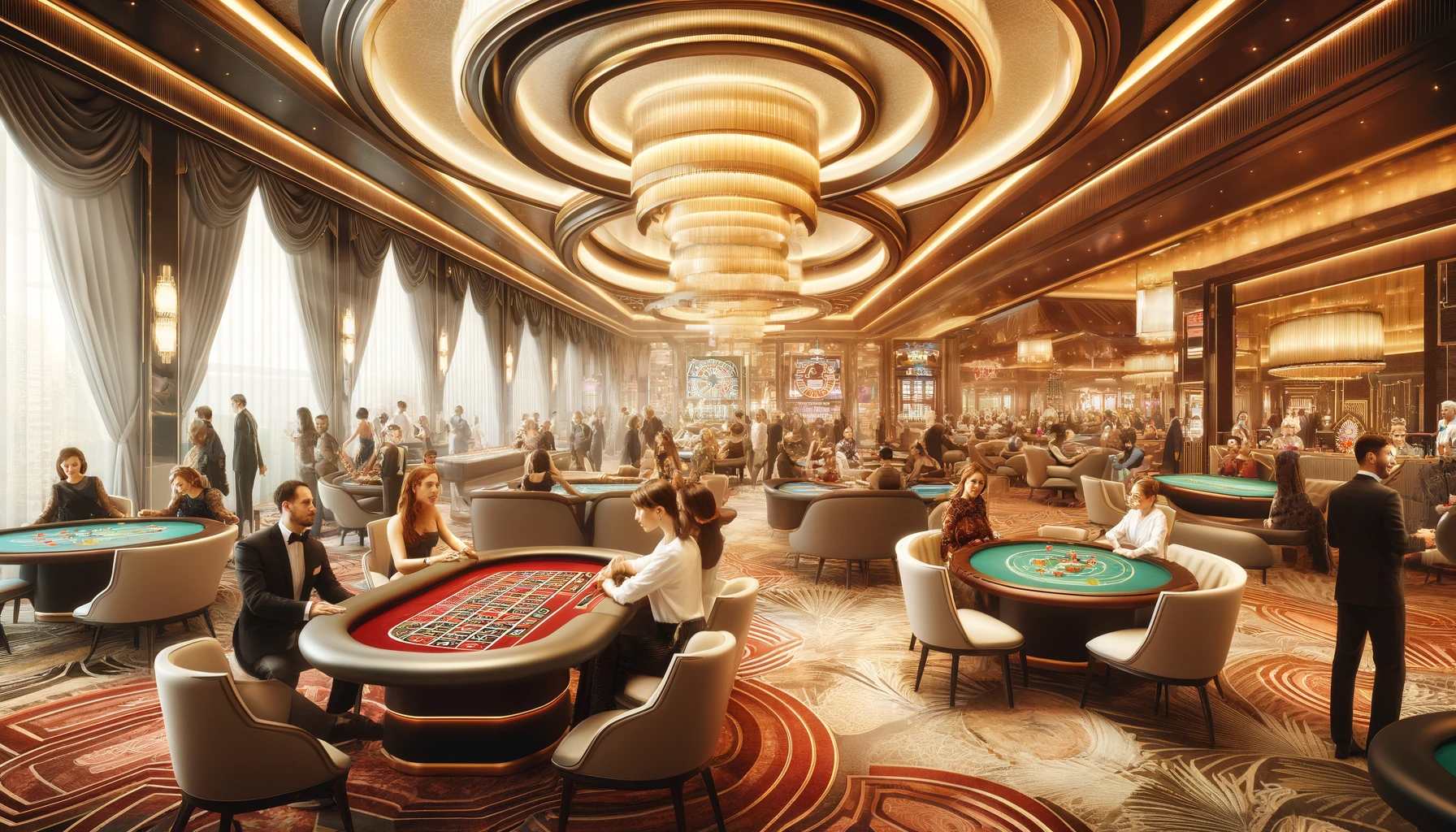
Dubai, renowned for its ultramodern architecture and vibrant tourism sector, strictly prohibits gambling within its borders, including the operation of casinos.
This is noteworthy given Dubai’s potential to become a major casino hub due to its global appeal as a tourist destination.
This analysis aims to compare Dubai’s regulatory approach to casinos with that of other cities where gambling is a significant industry, such as Las Vegas, Macau, Singapore, and Monte Carlo.
Why Did We Pick Las Vegas, Macau, Singapore, and Monte Carlo?
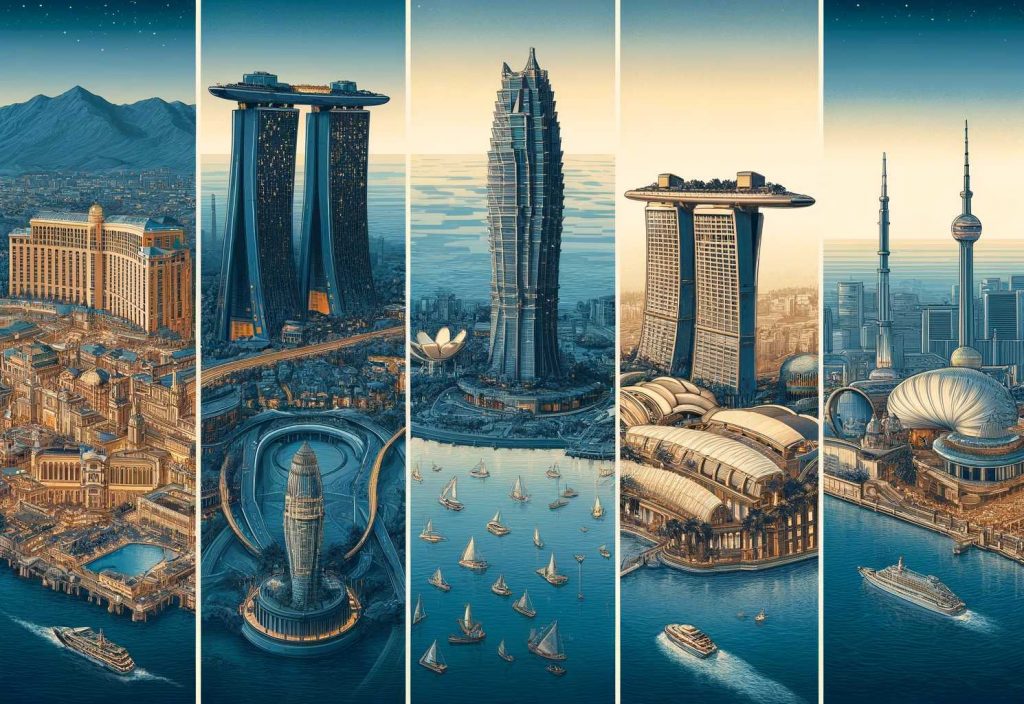
Las Vegas, Macau, Singapore, and Monte Carlo are commonly regarded as major global hubs for gambling and casino tourism.
Each of these cities represents a distinct approach to the regulation and development of the gambling industry, offering valuable points of comparison with Dubai.
- Las Vegas: Known as the “Entertainment Capital of the World,” Las Vegas has a long history of legalized gambling and is renowned for its iconic casino resorts along the famous Las Vegas Strip.
- Macau: Often referred to as the “Gambling Capital of the World,” Macau surpasses Las Vegas in terms of gambling revenue. It has rapidly emerged as the leading destination for casino gambling.
- Singapore: Singapore has established itself as a major player in the global gambling industry with its integrated resorts, Marina Bay Sands and Resorts World Sentosa.
- Monte Carlo: As part of the Principality of Monaco, Monte Carlo is renowned for its glamorous casinos and high-stakes gambling scene.
By comparing Dubai’s approach to casinos with these prominent destinations, we can highlight key differences in regulatory frameworks, economic impacts, social considerations, and tourism strategies.
Regulatory Framework
Dubai enforces a stringent prohibition on all forms of gambling, rooted in the cultural and religious ethos of the region.
Casinos are illegal, and there are severe penalties for both operators and participants in gambling activities. In contrast:
- Las Vegas and Macau are renowned for their liberal gambling laws, with well-established regulatory bodies ensuring fair play and preventing criminal activities.
- Singapore offers a regulated yet restrictive gambling environment, where locals must pay a fee to enter casinos, aimed at discouraging excessive gambling.
- Monte Carlo uses its historic and glamorous casinos as a draw for international tourists while maintaining strict controls over operations.
The stark difference lies in the enforcement and the underlying cultural acceptance of gambling, highlighting a major divergence in policy and public perception.
Economic Impact
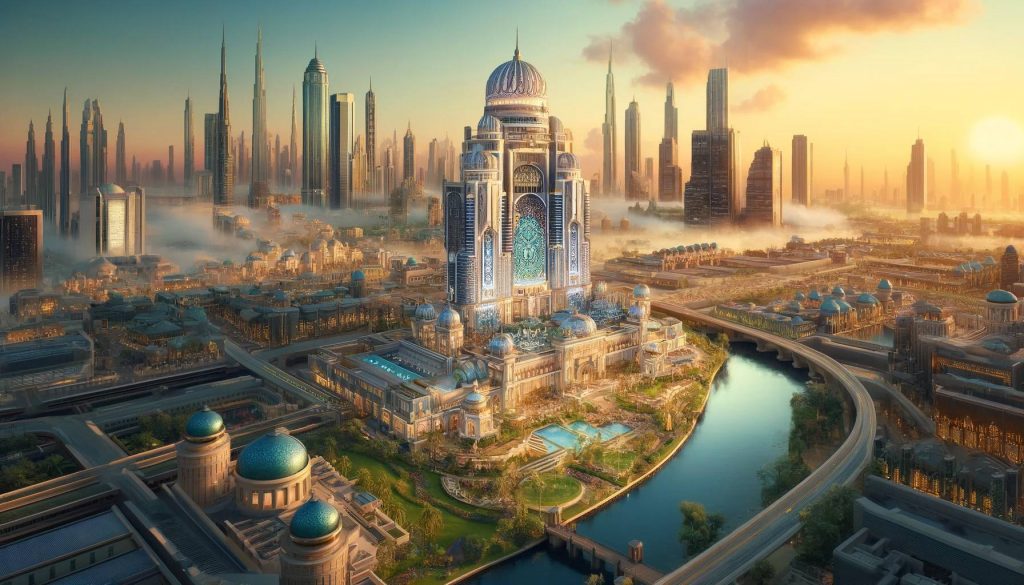
The economic impact of casinos in cities like Las Vegas and Macau is profound, generating billions in revenue, creating thousands of jobs, and significantly boosting tourism.
These cities have integrated casinos into their economic structure, resulting in substantial fiscal benefits:
- Casinos contribute to a large part of Macau’s GDP and public revenues.
- Las Vegas not only benefits from casino profits but also from an increased influx of tourists drawn by its entertainment industry.
Conversely, Dubai’s economy thrives on luxury tourism, real estate, and trade.
Legalizing gambling could potentially add another substantial layer to its economic structure, though it would require careful consideration of the societal impacts.
Social and Cultural Considerations
Introducing casinos in Dubai would pose significant cultural and social challenges.
The prevalent religious and cultural beliefs strongly oppose gambling, viewing it as morally and socially detrimental. In contrast:
- In Las Vegas, gambling is a part of the city’s identity, celebrated and heavily promoted.
- Macau and Monte Carlo balance their cultural heritage with their status as international gambling destinations.
The introduction of gambling in Dubai, would require careful planning and robust management to ensure that the potential economic benefits do not come at the expense of social and cultural harmony.
By adopting stringent regulations, promoting responsible gambling, and ensuring that the profits from casinos are reinvested into the community, Dubai could potentially mitigate the adverse effects while capitalizing on a new economic opportunity.

Implementing a robust regulatory framework could be the first step in mitigating social risks.
This might include:
- Licensing Requirements: Ensuring that only operators who meet stringent ethical and operational criteria are allowed to run casinos.
- Gambling Limits: Setting limits on the amount of money and time that residents can spend in casinos. For example, Singapore imposes entry levies on residents to discourage frequent gambling.
- Age Restrictions: Enforcing strict age restrictions to protect younger populations from gambling influences.
- Public Awareness Campaigns: Launching educational initiatives to inform the public about the risks of gambling addiction.
- Zoning Laws: Casinos could be restricted to designated areas, possibly in zones that are already popular with tourists but are away from residential neighborhoods.
- Funding for Community Projects: Allocating a portion of gambling taxes and fees to fund educational, healthcare, and social welfare projects.
Tourism and Hospitality Sector
In cities like Las Vegas and Macau, casinos are pivotal in enhancing the hospitality sector, attracting international tourists, and promoting other leisure activities.
Dubai, while lacking in casinos, compensates with luxurious shopping experiences, entertainment parks, and cultural festivals.
The absence of casinos does not significantly detract from its appeal as a premier luxury and family tourist destination.
However, the potential for casinos to further enhance tourism and hospitality remains an interesting conjecture.
Online Gambling

Dubai currently has stringent laws that also extend to online gambling, with no legal platforms operating within the city. The contrast with other cities is significant:
- Las Vegas and Macau have more open attitudes towards online gambling, with several licensed online casinos and sports betting services available to residents and visitors.
- Singapore controls online gambling through a limited number of licensed operators, aimed at reducing the risks associated with unrestricted online betting.
- Monte Carlo, while famous for its casinos, has a conservative approach to online gambling, with very few licensed online options.
The economic impact of online gambling in cities where it’s legalized includes substantial revenue from licensing fees, taxes, and job creation in tech and customer service sectors. Considerations for Dubai include:
- The potential for generating new revenue streams through licensing and regulation.
- Job creation in technology, cybersecurity, and customer service sectors tailored to support a safe online gambling environment.
Contrasting these possibilities with the lack of such revenue in Dubai due to its prohibition gives a measure of the potential economic opportunity cost.
Conclusion
Although currently strict against gambling, shifts in global economic dynamics and tourism might prompt Dubai to reconsider its position in the future.
The challenge would be to integrate casinos without disrupting the societal fabric and adhering to cultural sensitivities.
Dubai could consider models like Singapore’s, which balance regulation with economic benefits, to mitigate potential social issues.
This analysis highlights the sharp contrast between Dubai’s stringent anti-gambling laws and the liberal policies of other major gambling cities.
Dubai’s future decisions regarding this matter will be crucial in defining its trajectory in the global tourism and entertainment sectors, requiring a nuanced approach to balance economic benefits with cultural values.

